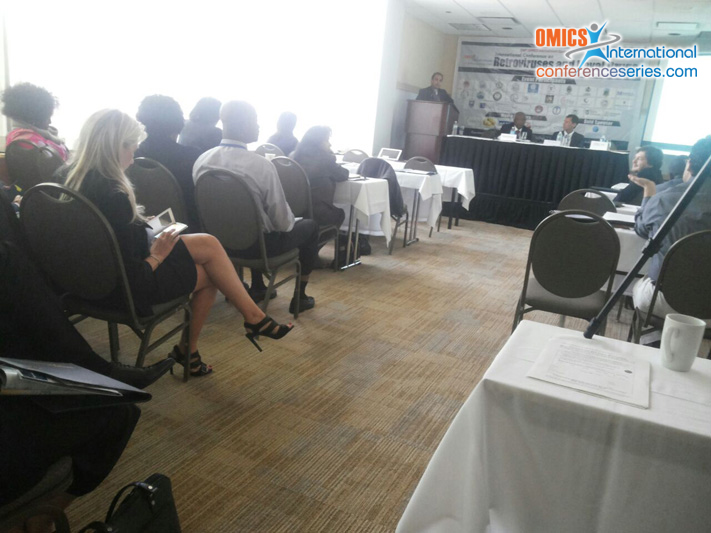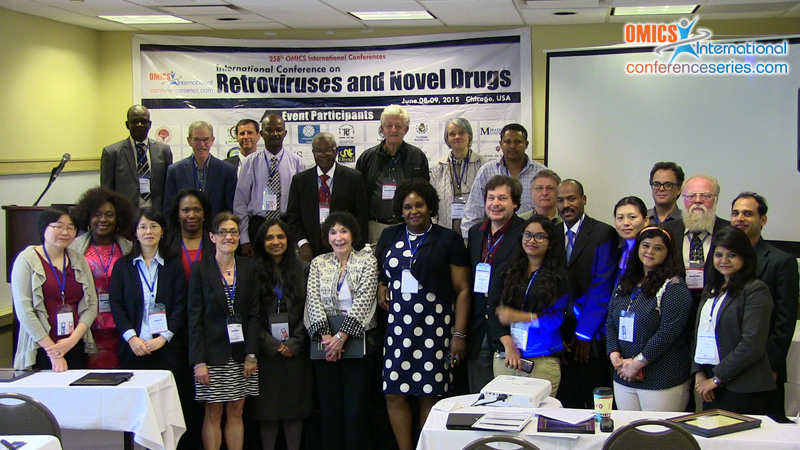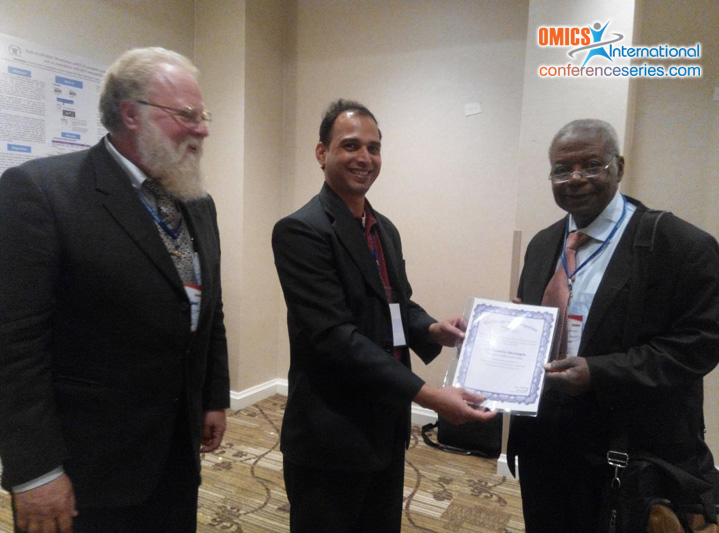
Prabagaran Narayanasamy
University of Nebraska Medical center, USA
Title: Novel methodology and drug to treat HIV-mycobacterium co-infection
Biography
Biography: Prabagaran Narayanasamy
Abstract
Human immunodeficiency virus (HIV) infection and Mycobacterium tuberculosis (TB) are responsible for two of major global human infectious diseases. As a result co-infection is common. Thus, improvements in drug access and simplified regimens are needed immediately. One of the key host cells infected by both HIV and TB is the mononuclear phagocyte (macrophage). Therefore, we hypothesized that one way this can be achieved is through Nano formulated drug that ideally would be active against both HIV and TB. We manufactured Nano formulations of antibiotics, antiretroviral therapy and Gallium (Ga). The manufactured Nano medicine was used to study the drug uptake and release kinetics by monocytes (MDM) treated with macrophage colony stimulating factor (MCSF). Finally the efficacy study with Nano medicine was done against Mycobacterium smegmatis, HIV and co-infection in macrophages. The nanoparticle (NP) agent enhanced the drug uptake and maintained the drug release. It also inhibited growth of both HIV and mycobacterium in the macrophage separately and while co-infected for up to 15 days following single drug loading. The NP was also found in all compartments of macrophage in subcellular trafficking study. The multi targeted prolonged-acting NP was effective up to 15 days after single drug loading. The subcellular trafficking of NP was determined and the presence of NP in all the compartments confirmed the multi-targeting approach. These results provide a potential new approach to treat HIV-mycobacterial co-infection that could eventually lead to improved clinical outcomes.



